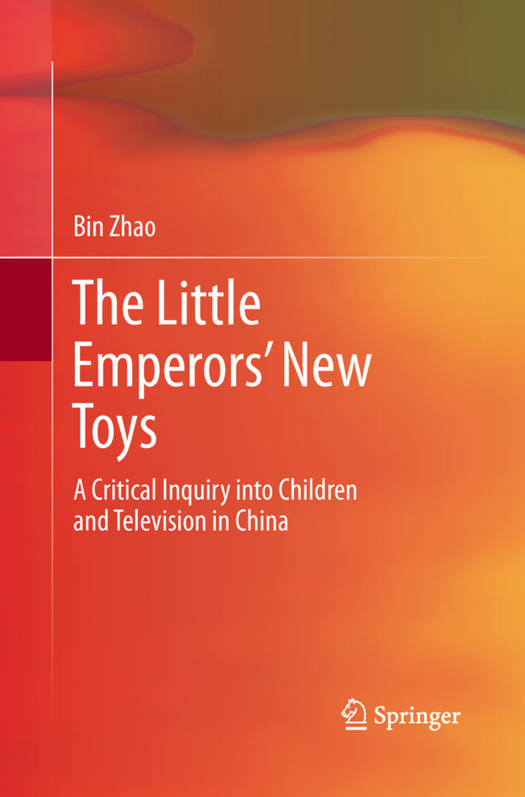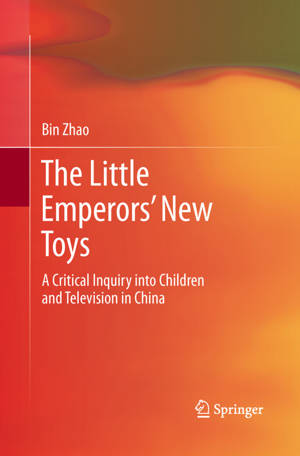
- Retrait gratuit dans votre magasin Club
- 7.000.000 titres dans notre catalogue
- Payer en toute sécurité
- Toujours un magasin près de chez vous
- Retrait gratuit dans votre magasin Club
- 7.000.0000 titres dans notre catalogue
- Payer en toute sécurité
- Toujours un magasin près de chez vous
The Little Emperors' New Toys
A Critical Inquiry Into Children and Television in China
Bin ZhaoDescription
Drawing on original research I conducted in the late 1980s, the book argues for a critical approach to the study of children and television. It begins with critical reappraisals of previous empiricist and interpretative studies to set the ground for a different theoretical inquiry which links biography with history. The situated activity of children's television viewing therefore has to be related to the broader historical and cultural formations in post-Mao China. By way of a methodological pluralism of questionnaire survey, in-depth interviews and observation, the book provides the reader with a thorough critical analysis of the rise of the new commercial ethic in Chinese society in general, and in the sector of media and communications in particular, at the very historical turning point of the late 1980s. Soon after that, Deng Xiaoping made his significant tour to south China, reckoning a big step forward towards further liberalization and started to form a brave new world in China ever since.
Les avis
Nous publions uniquement les avis qui respectent les conditions requises. Consultez nos conditions pour les avis.







